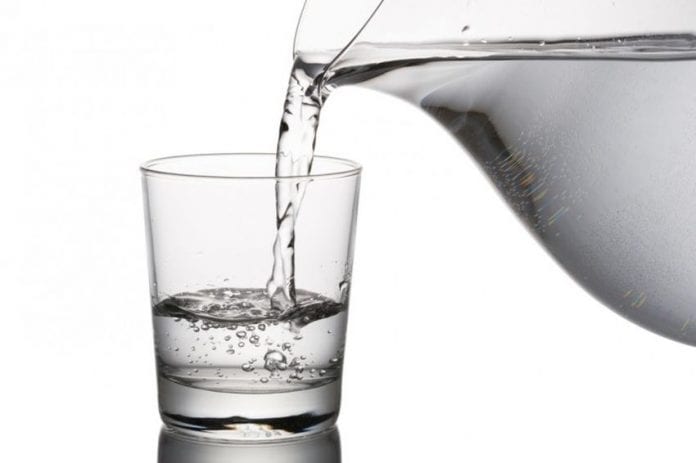If you have ever wondered whether or not water has a flavor, here is your answer. Yes, water is in fact not tasteless. Its taste is actually most closely defined as sour, which explains why some people don’t find it very pleasant.
The experiment that was conducted proved that the water has the taste similar to sour, as the mice tongue for sour were mostly stimulated by this. However, according to Caltech University in California, the taste of water doesn’t belong to any of the familiar 5 tastes: sweet, sour, salty, bitter, and umami. Its flavor is distinctive.
“The tongue can detect various key nutrient factors, called tastants — such as sodium, sugar, and amino acids — through taste, however, how we sense water in the mouth was unknown,” author Yuki Oka stated. “Many insect species are known to ‘taste’ water, so we imagined that mammals also might have a machinery in the taste system for water detection.”

In order to prove that the sensors of mice react to sour taste, the scientist used optogenetics technique. This way they aroused the sour cells on the surface of the tongue not with water, but with light instead. The water was replaced with the blue light, and the mice continued to drink it.
What this experiment actually proved was that water itself is tasteless, but we know that sour cells are reacting to it. So, how is really brain responding to information that is sent to it?
“Maybe sour cells are not directly linked to the unpleasant sourness that we perceive, but instead they may induce a different type of taste, like water, when stimulated,” added Dhruv Zocchi.
Taste buds are in fact viewed as the organs that function on their own. An average body has around 10,000 of them. However, after every two weeks, they are being renewed. They are also in charge of our reactions on wanting to either eat or drink a certain food or beverage.









